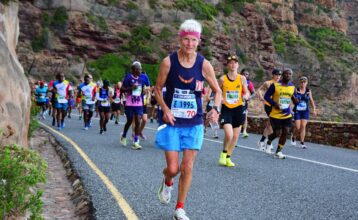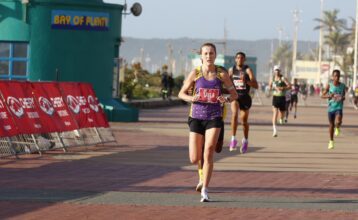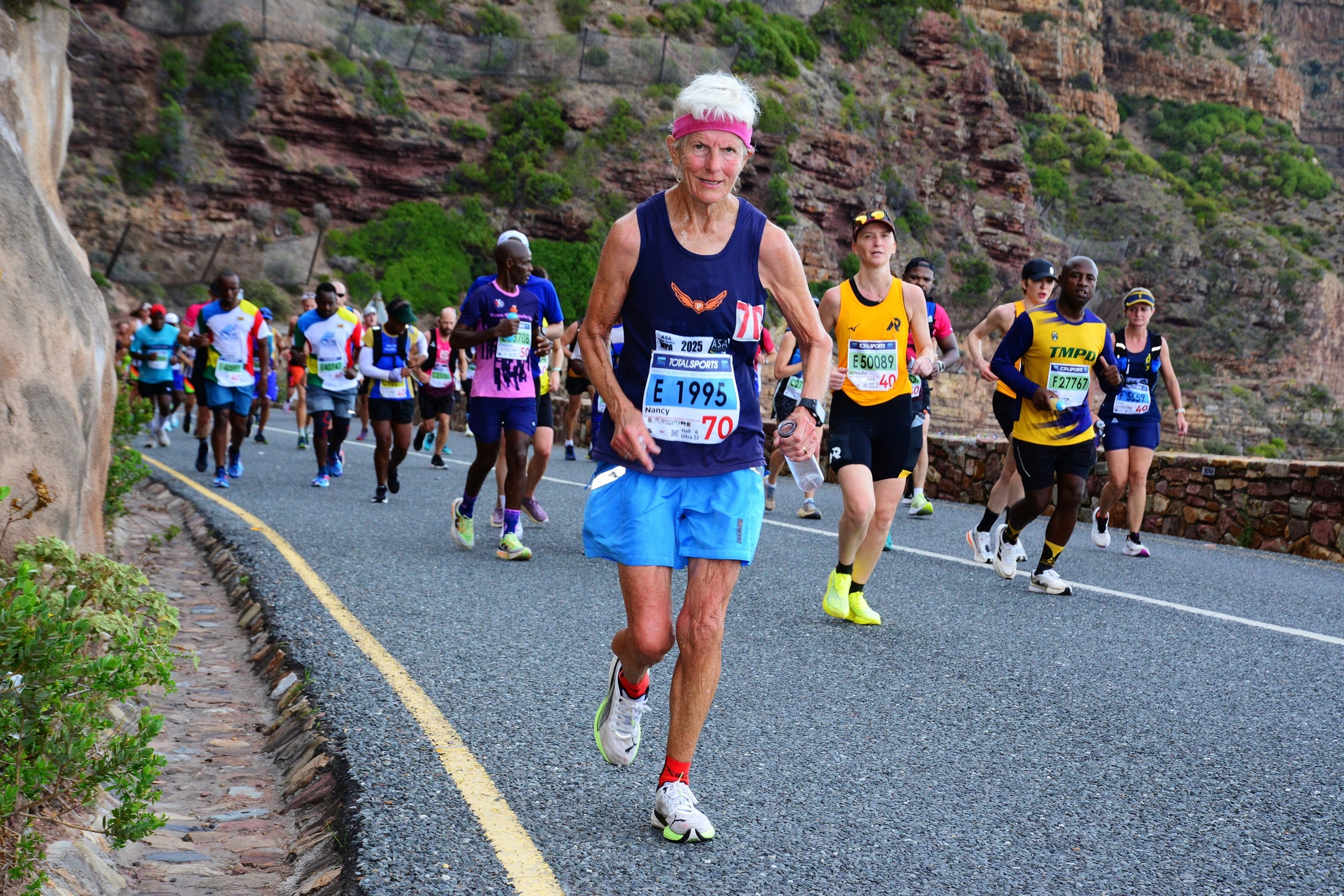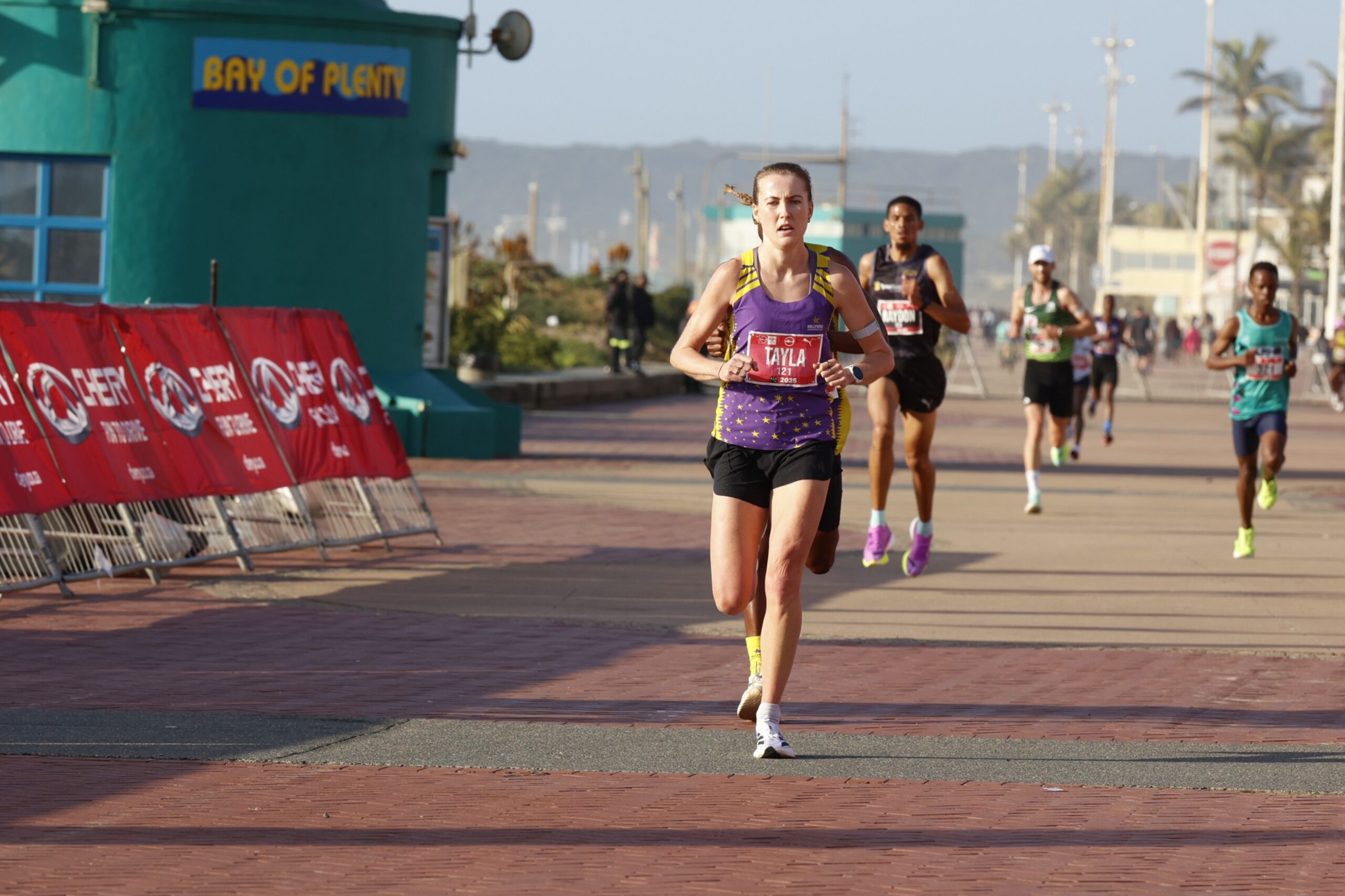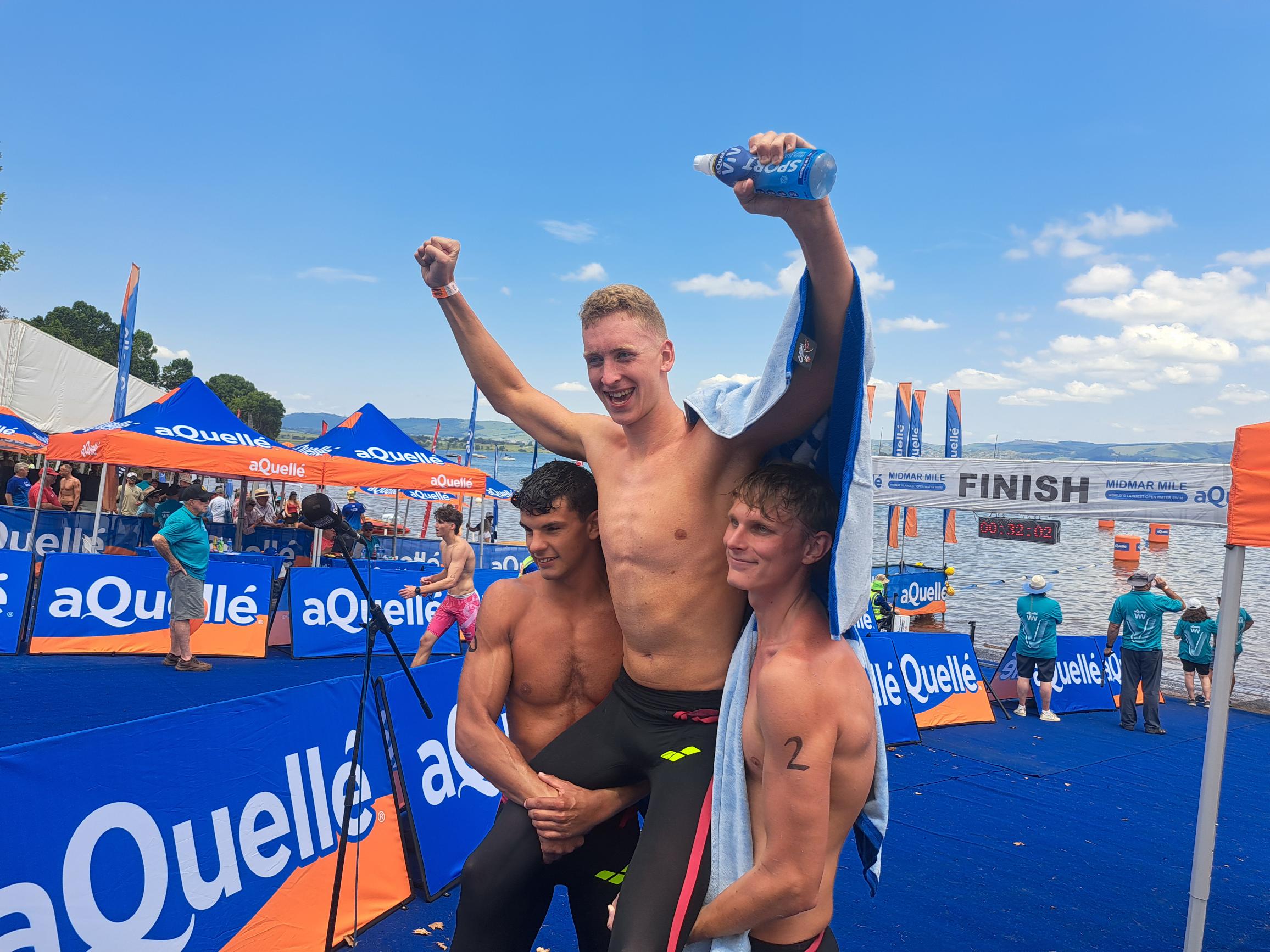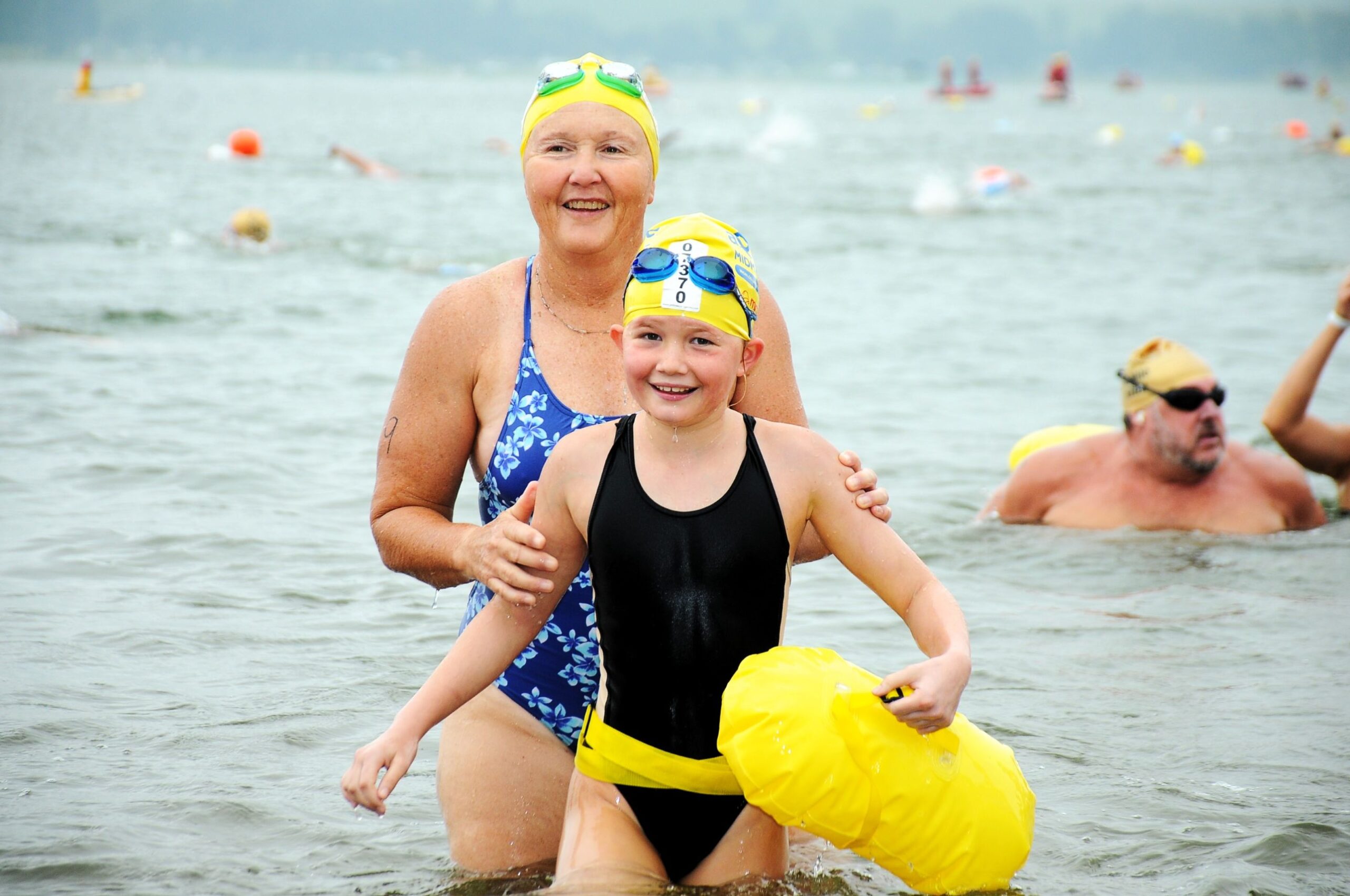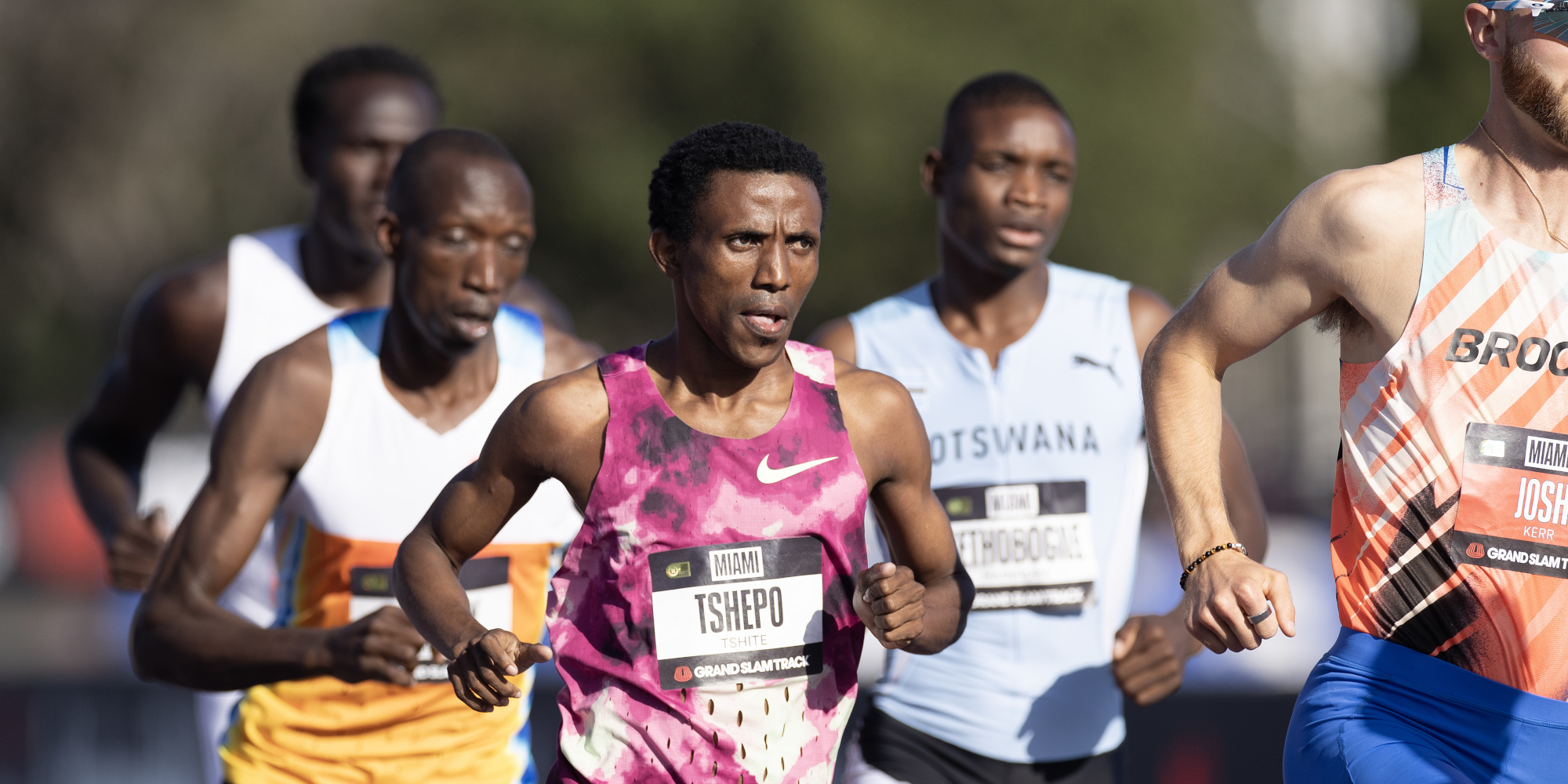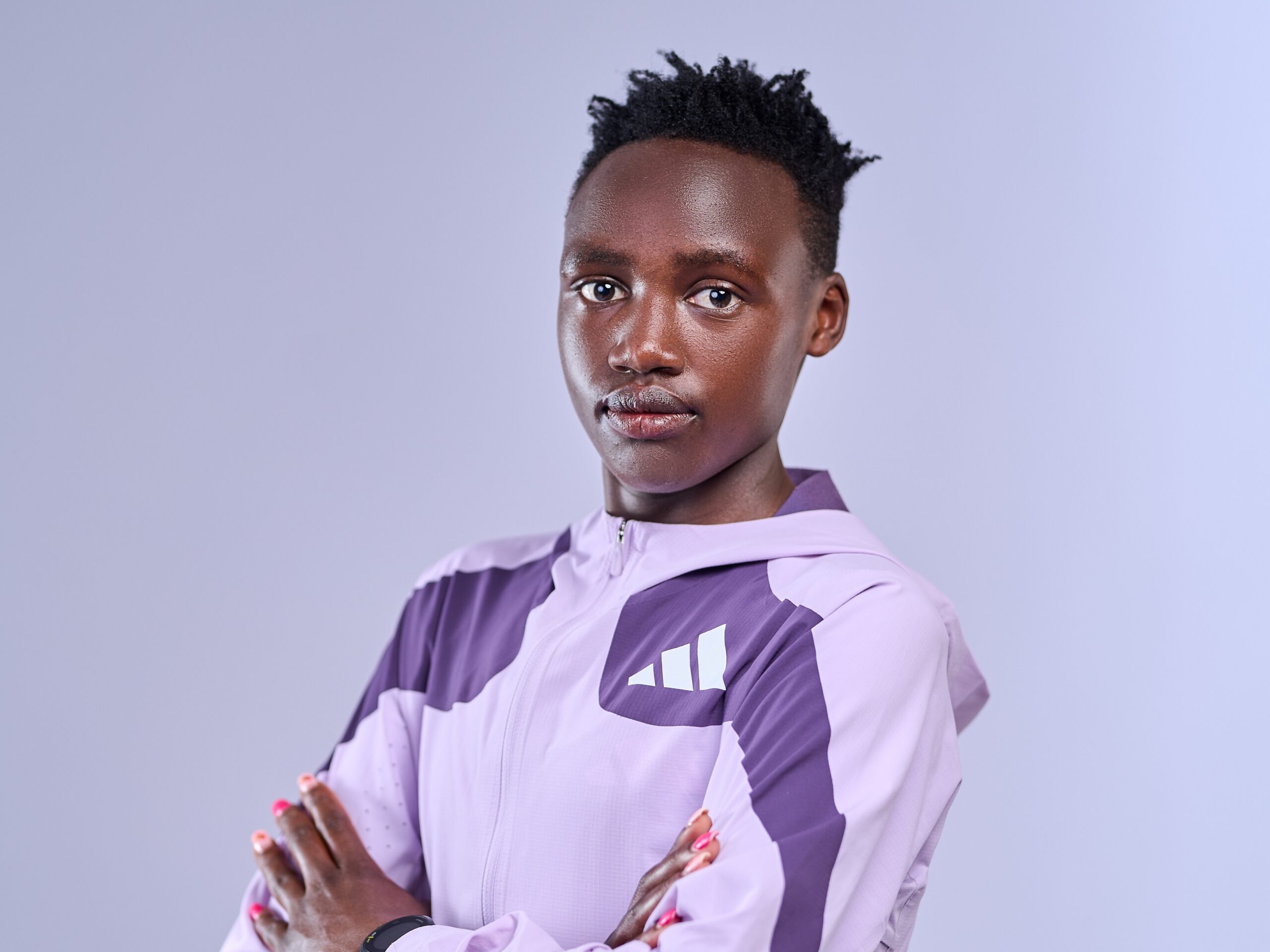In the great arena of global sport, where the stopwatch and the finish line are supposed to be the only arbiters of glory, Caster Semenya has found herself racing a far more elusive opponent — the entrenched bias of a system cloaked in fairness but shadowed by exclusion.
This week, Semenya added another milestone in her gruelling marathon for dignity and justice — a partial but profound victory at Europe’s highest human rights court.
The European Court of Human Rights (ECHR) ruled that Semenya’s right to a fair hearing had been trampled by the Swiss Federal Supreme Court in 2020 when it dismissed her appeal against World Athletics’ testosterone regulations.
The Grand Chamber of the ECHR, the ultimate torchbearer of European justice, found that the Swiss court’s review had “fallen short” of the rigorous standards demanded under Article 6 of the European Convention on Human Rights.
It ordered Switzerland to pay Semenya 80,000 euros (about 1.6 million rand) for her expenses.
For Semenya, whose legs once effortlessly devoured the Olympic tracks from London to Rio, the real race has long since left the stadium. This legal slog has stretched beyond the tartan lanes — it has become a cross-country scramble through bureaucratic brambles and institutional resistance.
“This is bigger than we ever thought,” Semenya told journalists after the ruling.
“I don’t think this is about competition. It’s about human rights. It’s about the protection of the athletes. My role is to become a voice for those who cannot speak out.”
Semenya, 34, has not been allowed to compete in her signature 800m since 2019, when World Athletics drew a rigid line in the sand — dictating that women with differences of sexual development (DSD) must suppress their naturally high testosterone levels to run in events from 400m to the mile.
Semenya refused to take drugs to reduce her testosterone levels following World Athletics introducing new rules on women competitors.
In 2023, those regulations were extended to all women’s track and field events.
We share the European Court of Human Rights @ECHR_CEDH judgement that Swiss court violated right of Caster Semenya @MightyCaster to a fair trial in her legal battle over eligibility rules for women’s athletics competitions.
States must fully examine allegations of human rights… pic.twitter.com/ozMvR9oxvN
— UN Human Rights (@UNHumanRights) July 11, 2025
World Athletics argues that these rules are essential to preserve fairness in the women’s category. But Semenya, a two-time Olympic champion and triple world champion, sees this as a cruel false start — a policy that penalizes natural genetic variation while waving the flag of equality.
While the ECHR ruling does not directly overturn the DSD regulations, it cracks open the starting gate for further legal challenges. One of Semenya’s key backers, the SPAR Group, welcomed the verdict and threw its full weight behind her journey.
“We support Caster in her battle to be treated fairly. SPAR supports equal rights for women in all areas,” said SPAR National PR, Communications and Sponsorship Manager, Mpudi Maubane.
“Caster is a much-loved figure in South Africa and is a firm supporter of the SPAR Women’s Challenge and the SPAR Grand Prix. We wish her every success in her ongoing legal battle. The ECHR ruling means she can continue to fight for her rights.”
And that fight continues. Although the ruling targets the Swiss government, not World Athletics, it is a searing indictment of how a legal system meant to safeguard individual rights failed to hear the rhythm of an athlete’s heartbeat.
Her lawyer, Schona Jolly, was unequivocal: “As of today, the governance of international sport needs to sit up and take notice of an athlete’s fundamental rights. It’s not possible to put this aside and say ‘the substantive rights of the athlete don’t matter’. They firmly do.”
The Swiss government had tried to pass the baton to the ECHR’s Grand Chamber, hoping for a different finish. But the judges were clear — justice, like sport, must be run with integrity and precision.
They ruled that Switzerland’s handling of Semenya’s case had not “satisfied the requirement of particular rigour” and dismissed any suggestion that the state’s responsibility ended at the edge of the athletics track.
Semenya’s reaction was a mix of relief and rebirth. “The past is the past. I mean, we focus on the future. I’ll say at the moment, I’ll say reborn. And, feel fulfilled,” she said, her voice steady after a 15-year storm.
South Africa’s sports minister Gayton McKenzie struck a triumphant tone: “Caster Semenya has become the face of defiance against injustice in global sport, and this victory in court is a victory for every African child.”
The finish line remains distant. Semenya’s case could now return to the Swiss federal court, and the World Athletics policies remain unchanged. But this verdict has shifted the wind. A gust of recognition now pushes at the backs of athletes long forced to run uphill against systemic constraints.
Caster Semenya, who has so often led from the front on the track, is now leading an entirely different race — one for fairness, dignity, and the right to be oneself. And though the medals are fewer in this fight, the stakes are immeasurably greater.





